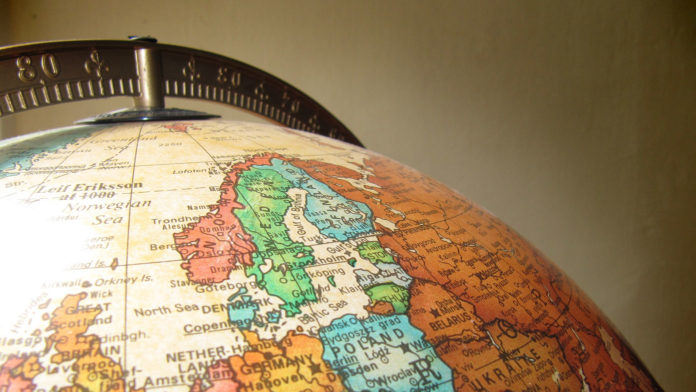U.S. President Donald Trump drew condemnation earlier this year for reportedly describing several countries as “shithole countries”, right before rejecting a bipartisan immigration deal to protect Deferred Action for Childhood Arrivals (DACA) recipients.
The criticism was directed at several nations where people of colour make up most of the population, including Haiti, El Salvador, and African nations.
“There is no other word one can use but ‘racist,’” said United Nations human rights spokesman Rupert Colville of Trump’s remarks at a Geneva news briefing. “You cannot dismiss entire countries and continents as ‘shitholes’, whose entire populations, who are not white, are therefore not welcome.”
By contrast, Trump said he would welcome more immigrants from Norway, an invitation that received sharp disapproval from Norwegians.
Trump went on to say that instead of a visa lottery system, he favours a “merit-based immigration like they have in Canada.”
By this, Trump implies that under a merit-based system like Canada’s, any potential immigrants from the countries he denounces would not qualify on the basis of merit. He also implies that those who have already settled in the U.S. are unskilled and an economic burden.
Economics professor from the University of Calgary says that Canadian immigration data tell a different story.
Canada accepts more immigrants from Central America and the Caribbean than from the U.S.
Magesan combed through immigration data from the 2016 Canadian census and found that between 2011-2016, Canada took in more immigrants from Central America and the Caribbean (a category that includes Haiti and El Salvador) than from the U.S.
Looking at the numbers from African nations, Canada welcomed more immigrants from Africa than from the U.S. and North and Western Europe combined.
As for Norway? Out of 1,212,080 total immigrants, only 230 Norwegians immigrated to Canada during that five-year span.
Canada’s immigrants from “shithole countries” are educated and likely to be employed
Using individual 2011 Canadian census data, Magesan singled out three groups: (1) Canadians from families living in Canada for three generations or longer; (2) immigrants from the “Norways” of the world (Northern and Western Europe, including the U.K., Germany, and Scandinavia); and (3) immigrants from Trump’s “shithole” countries (Central America, the Caribbean, and Africa).
Both of the new immigrant groups scored well on education, with 53 percent of new immigrants in either group having some post-secondary education, compared for only 40 percent of 3rd+ generation Canadians. And while only 18 percent of 3rd+ generation Canadians have a bachelor’s degree, 27 percent of immigrants from “shithole” countries do, which edges out even the “Norway” immigrants at 25 percent.
Sixty-one percent of immigrants from “shithole” countries are employed, which compares favourably to the 63 percent employment rate from long-established Canadians, and easily outstrips the 50 percent employment of immigrants from “Norway” countries.
Not only that, but looking at government assistance, immigrants from the “shithole” countries receive fewer transfer payments from all levels of government than “Norway” immigrants.
So where does all the negative perception come from?
Magesan notes that the picture is more complex than these numbers alone, and there can be many barriers between new immigrants and the highly skilled jobs they were trained to fill in their home countries. These include language barriers, and requirements for recertification to practice in Canada. This can leave many trained immigrants competing for jobs that require little education.
And while there may be poor living conditions or instability in the countries that Trump seeks to exclude from American immigration, Magesan also points out the hypocrisy in turning away immigrants from “shitholes” that U.S. foreign policy and military action helped create. Haiti is one of them.
So if Trump actually adopts immigration policies like Canada’s, it may not turn out exactly like what he has in mind.








































